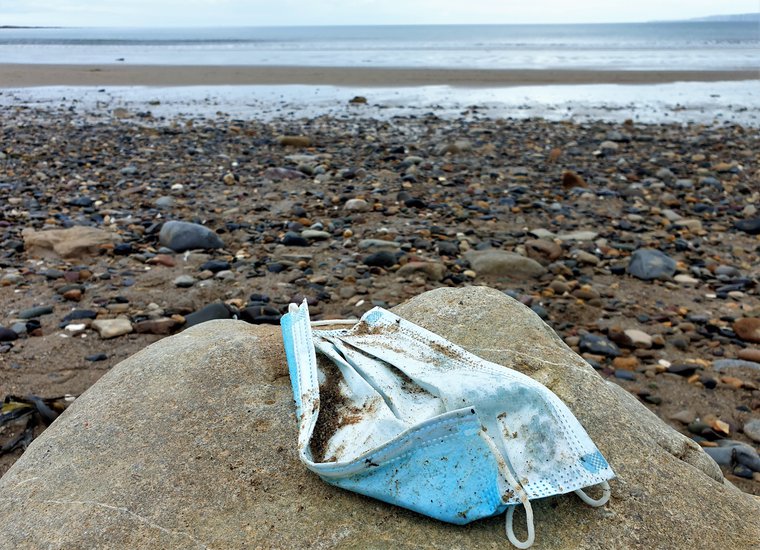Crafting Worlds with Words: A Comprehensive Guide to Starting Novel Writing as a Hobby
Hello, dear reader! Have you ever found yourself lost in the captivating world of a novel, wishing you could weave such enchanting tales yourself? If your heart echoes with a resounding ‘yes’, then this blog post is your warm invitation to embark on an exciting journey of novel writing. Writing as a hobby can be an incredibly rewarding experience that nurtures creativity, sharpens cognitive skills and provides a therapeutic escape from everyday stress. This comprehensive guide aims to gently guide beginners like you on your path towards becoming skilled storytellers.
1: The First Step – Igniting Your Imagination
Every great novel starts with an idea. It could be inspired by anything – a personal experience, an interesting person you met, or even a dream. Keep your mind open and receptive to ideas and let your imagination run wild! Start by jotting down any interesting thoughts or observations that cross your mind during the day. You never know which idea might spark the beginning of an amazing story.
2: Building Your World – Plot Development
Once you have the seed of your story, it’s time to develop it into a full-fledged plot. Consider the setting, characters, conflicts and resolution for your story. Sketch out the main events in chronological order; this will serve as the skeleton of your novel. It might be helpful to write brief summaries for each chapter or section.
Remember that every good plot has some kind of conflict at its core – whether it’s external (like battling evil forces) or internal (like overcoming fear). As you develop your plot, think about what challenges and obstacles will stand in the way of achieving their goals.
3: Breathing Life into Characters – Character Development
Characters are the heart and soul of any story. Spend some time developing their backgrounds, personalities and motivations. Remember that well-rounded characters are flawed and evolve over time; they should feel real to readers.
Think about how each character’s past experiences shape their actions in present situations – this adds depth and realism to them. Also consider how different characters interact with each other; these relationships can add another layer of complexity to your story.
4: Painting Pictures with Words – Descriptive Writing
Descriptive writing brings scenes alive in readers’ minds by appealing to their senses – sight, sound, smell, taste and touch. Practice writing vivid descriptions by observing people or places around you or even describing scenes from pictures.
Try experimenting with figurative language like similes (comparisons using ‘like’ or ‘as’) metaphors (direct comparisons), personification (attributing human characteristics non-human things) etc., which can make descriptions more engaging!
5: Learning from Masters – Reading Widely
Reading is fuel for writers! Immerse yourself in different genres – mystery novels might teach you how create suspense while romance novels can show how emotions can be depicted effectively.
As you read books written by authors whose work inspires you; pay attention not just what they say but also how they say it! Analyzing writing styles techniques used successful authors can provide valuable insights improve own craft!
6: The Art of Dialogue
Dialogue gives voice characters moves plot forward while revealing information about character relationships personalities. Good dialogue sounds natural yet purposeful – avoid unnecessary small talk but also refrain from making every conversation overly dramatic!
7: Embracing Technology – Utilizing Online Resources
In today’s digital age where technology has brought knowledge at our fingertips; why not make use of it? Websites like Writer’s Digest offer valuable tips on various aspects of writing while platforms like Wattpad provide opportunities for sharing stories with others.
8: Seeking Guidance – Joining Writing Groups or Courses
If structured guidance appeals to you more than self-learning methods, joining local writing groups could prove beneficial. These groups often have experienced writers who share insights about their craft. Alternatively, online courses offered by platforms such as Coursera or Udemy also provide structured lessons which can be accessed anytime from anywhere!
9: Revision and Editing
Once you’ve finished your first draft, take a break before starting the revision process. This will give you a fresh perspective when you return to your work. Revision involves looking at the big picture of your story and checking if everything flows well together.
Editing, on the other hand, is more focused on correcting grammar, spelling and punctuation errors, and improving sentence structure and word choice. It might be helpful to get someone else to proofread your work as they might catch errors that you overlooked.
Conclusion:
Embarking on the journey towards mastering the art of novel writing may seem daunting initially but remember every great author was once a beginner too! With patience coupled with consistent practice sessions gradually honing skills over time – before long you’ll find yourself weaving captivating tales effortlessly!
Remember – It’s not about perfection but rather about enjoying every step of this creative process! So why wait? Pick up that pen today (or open that word processor) and let’s embark on this enchanting storytelling adventure together!











